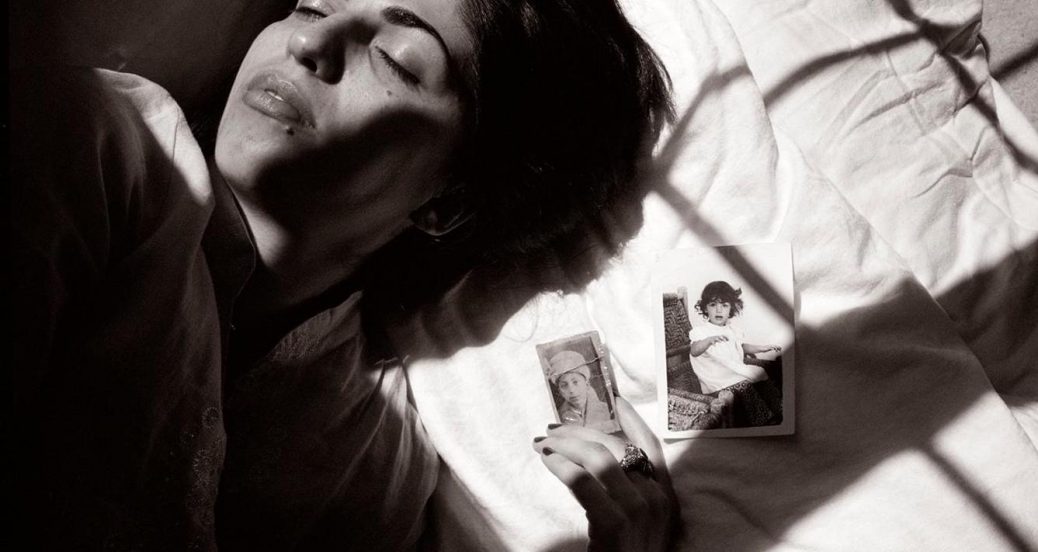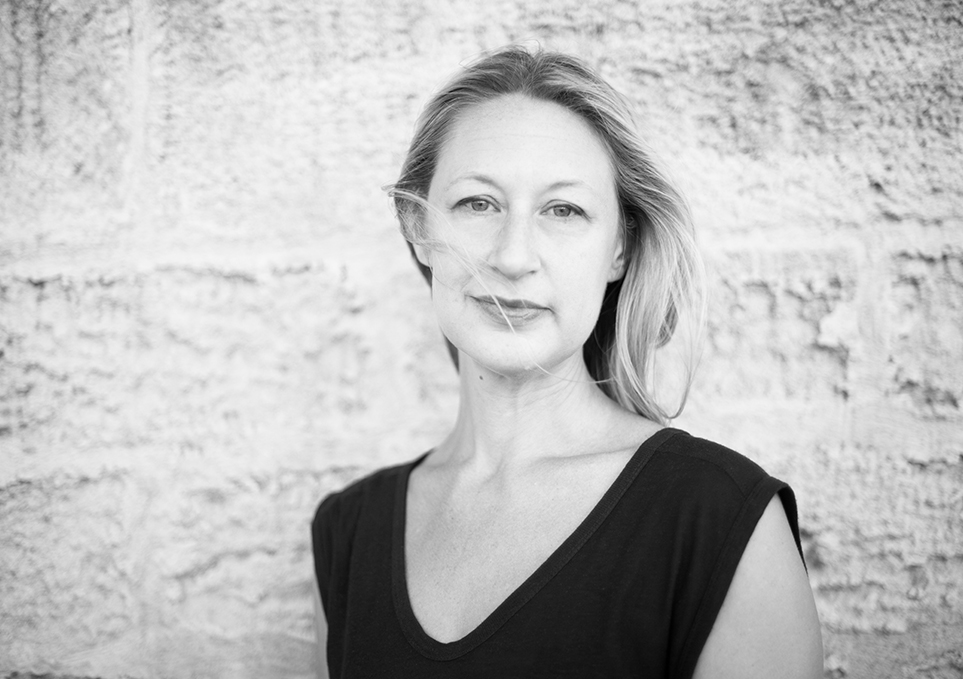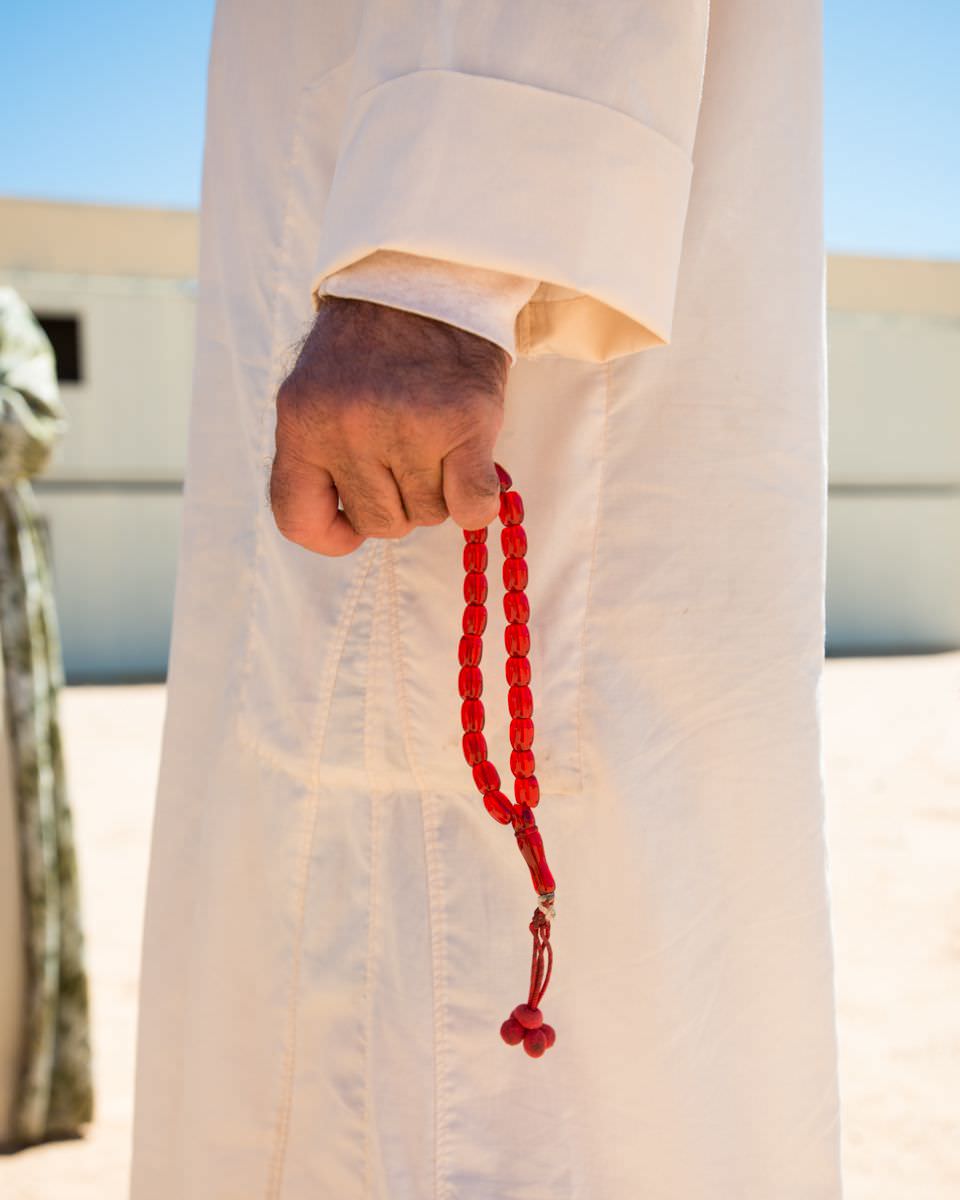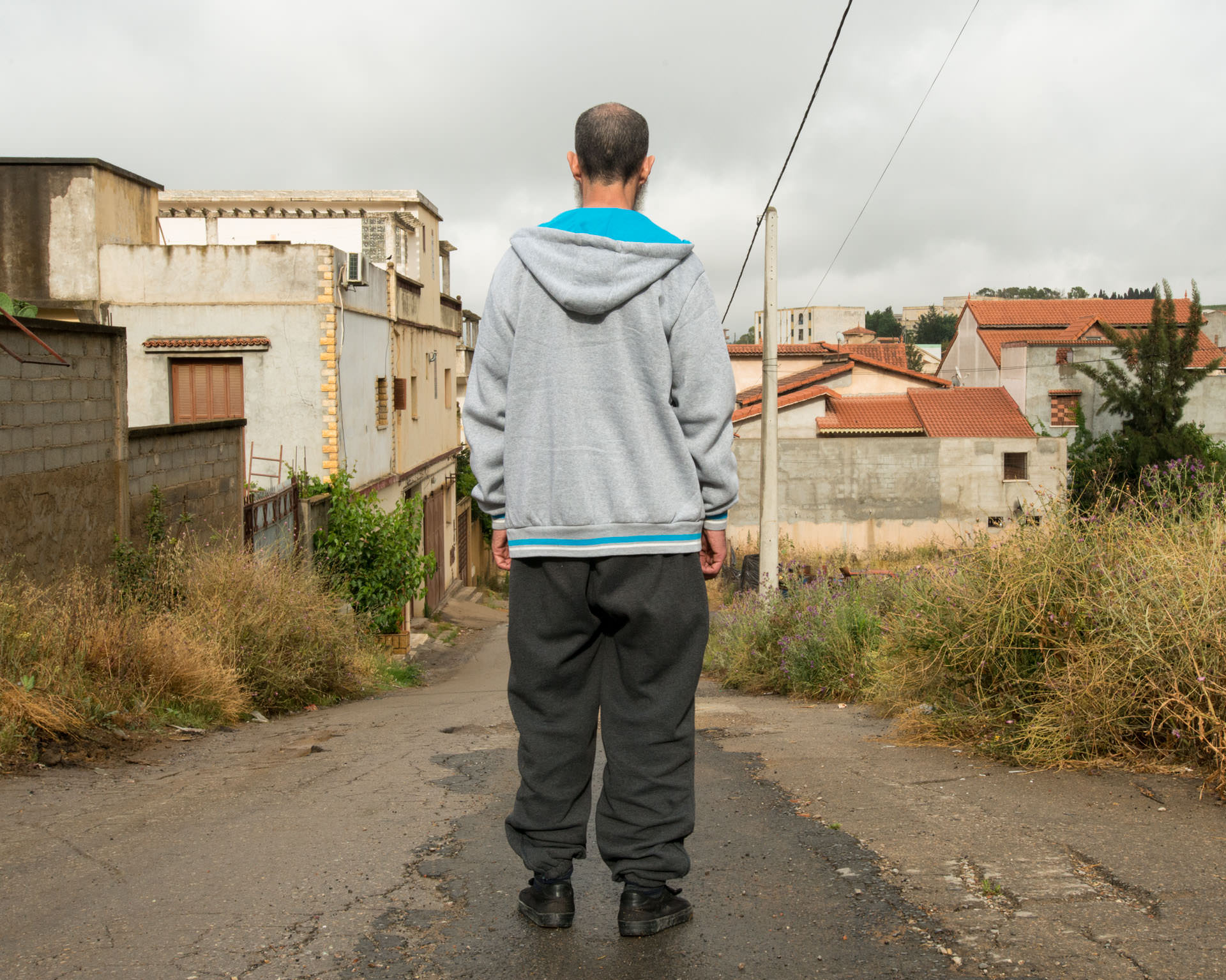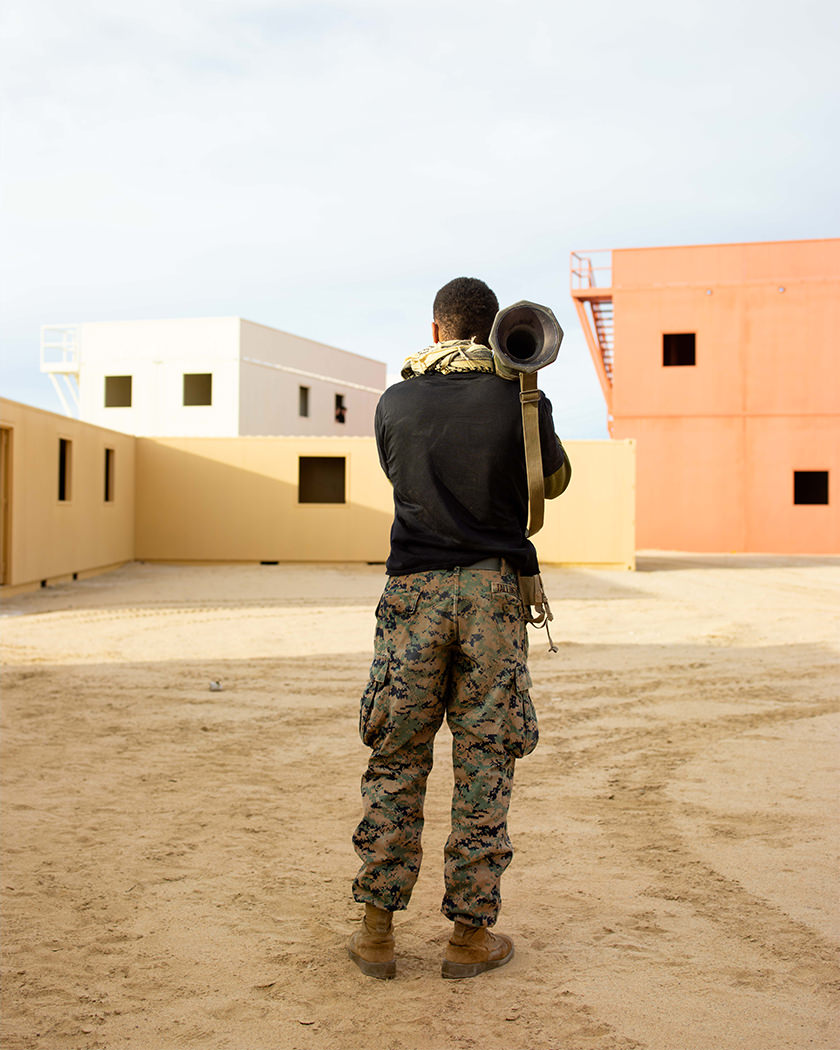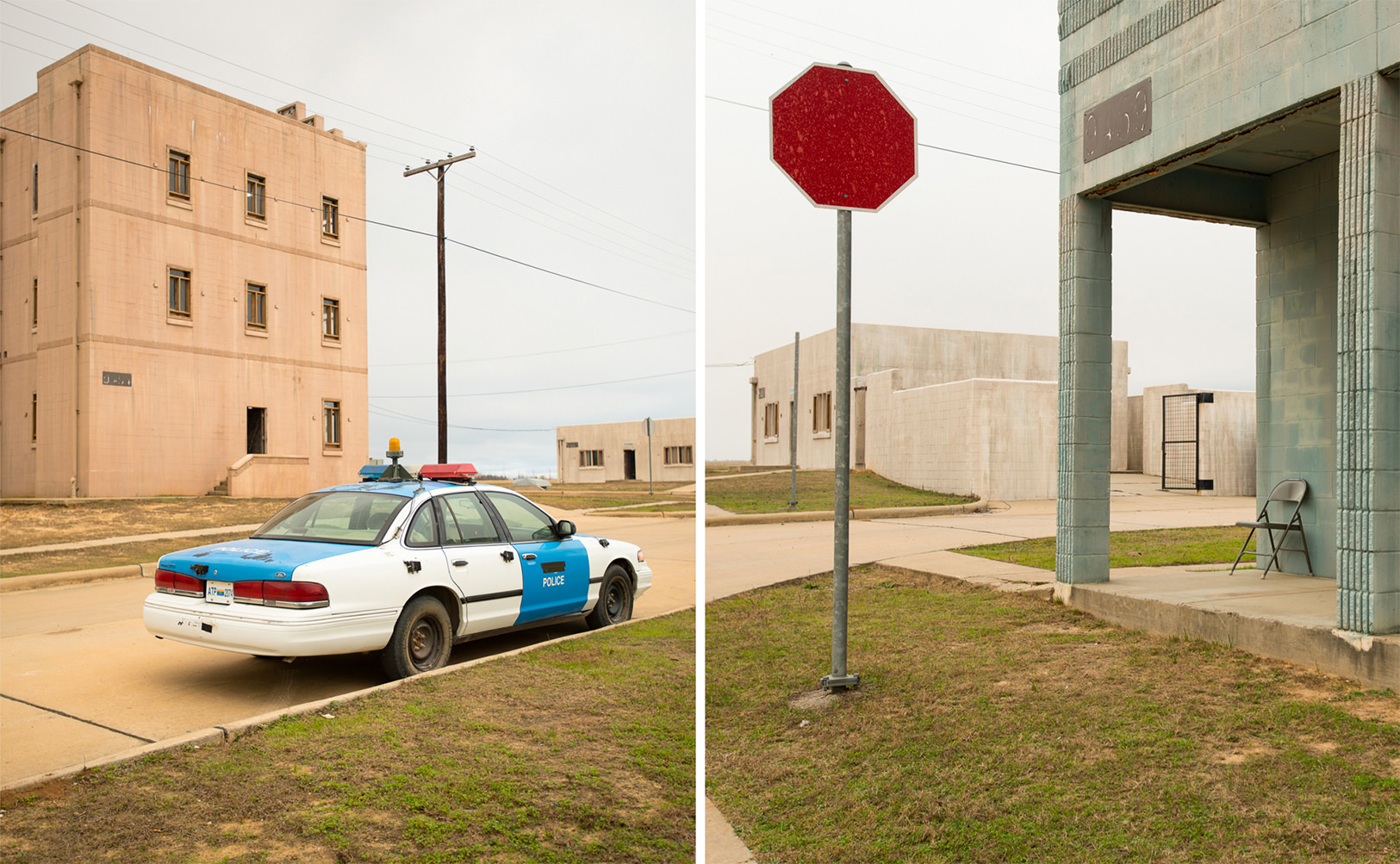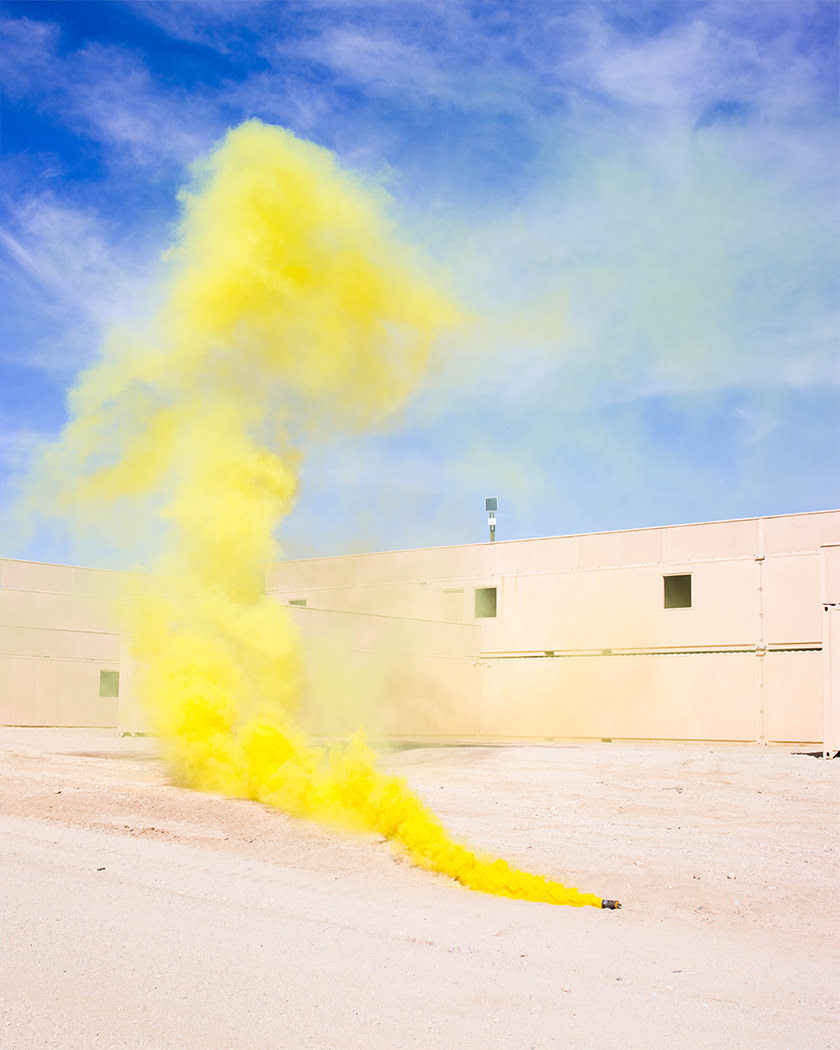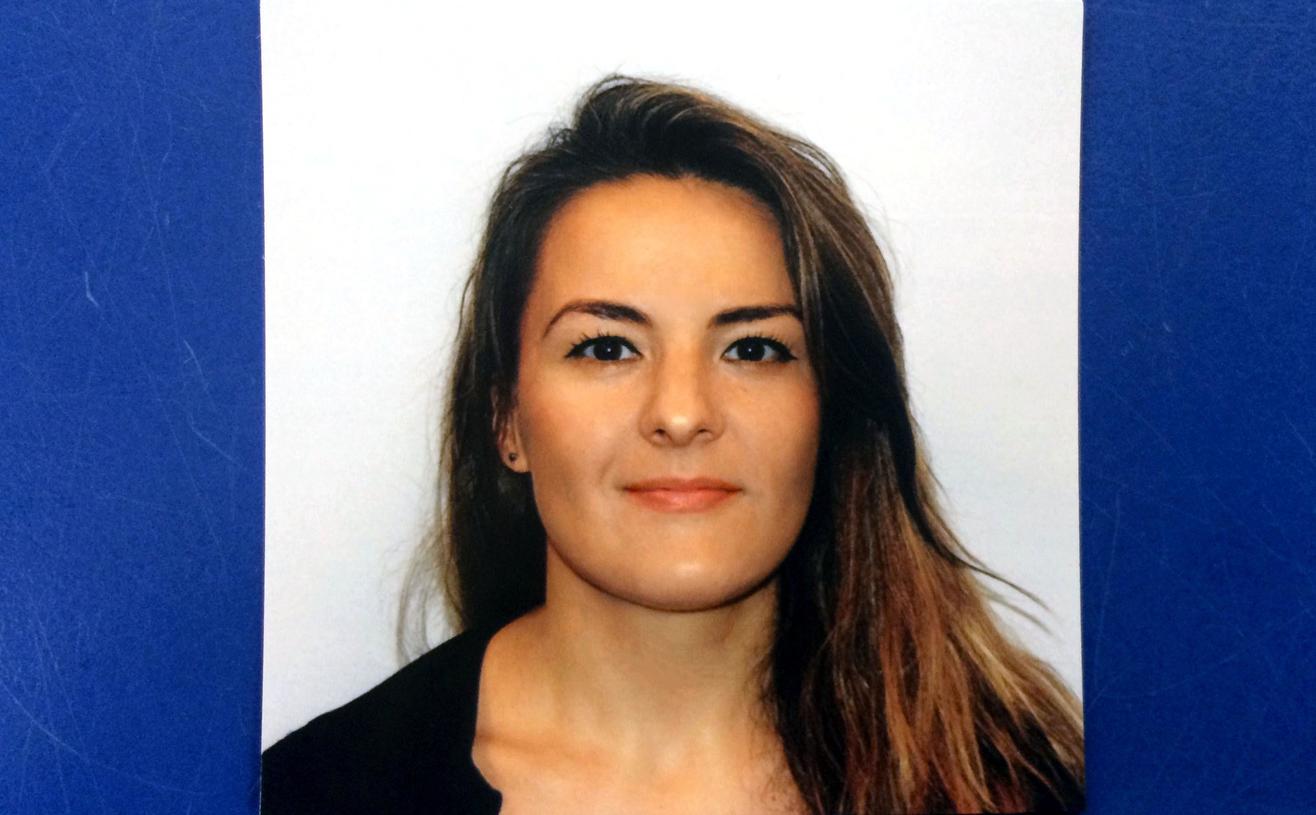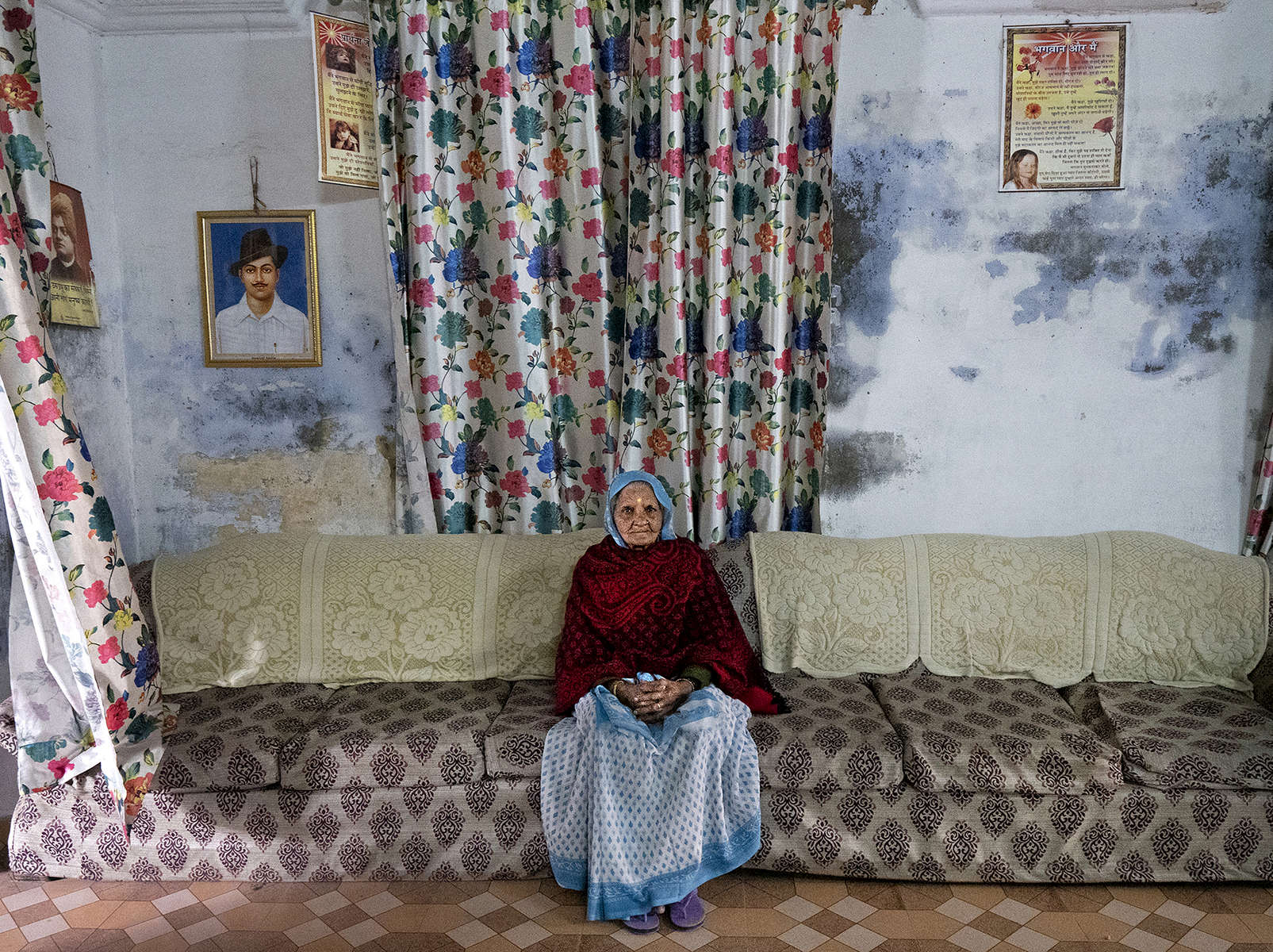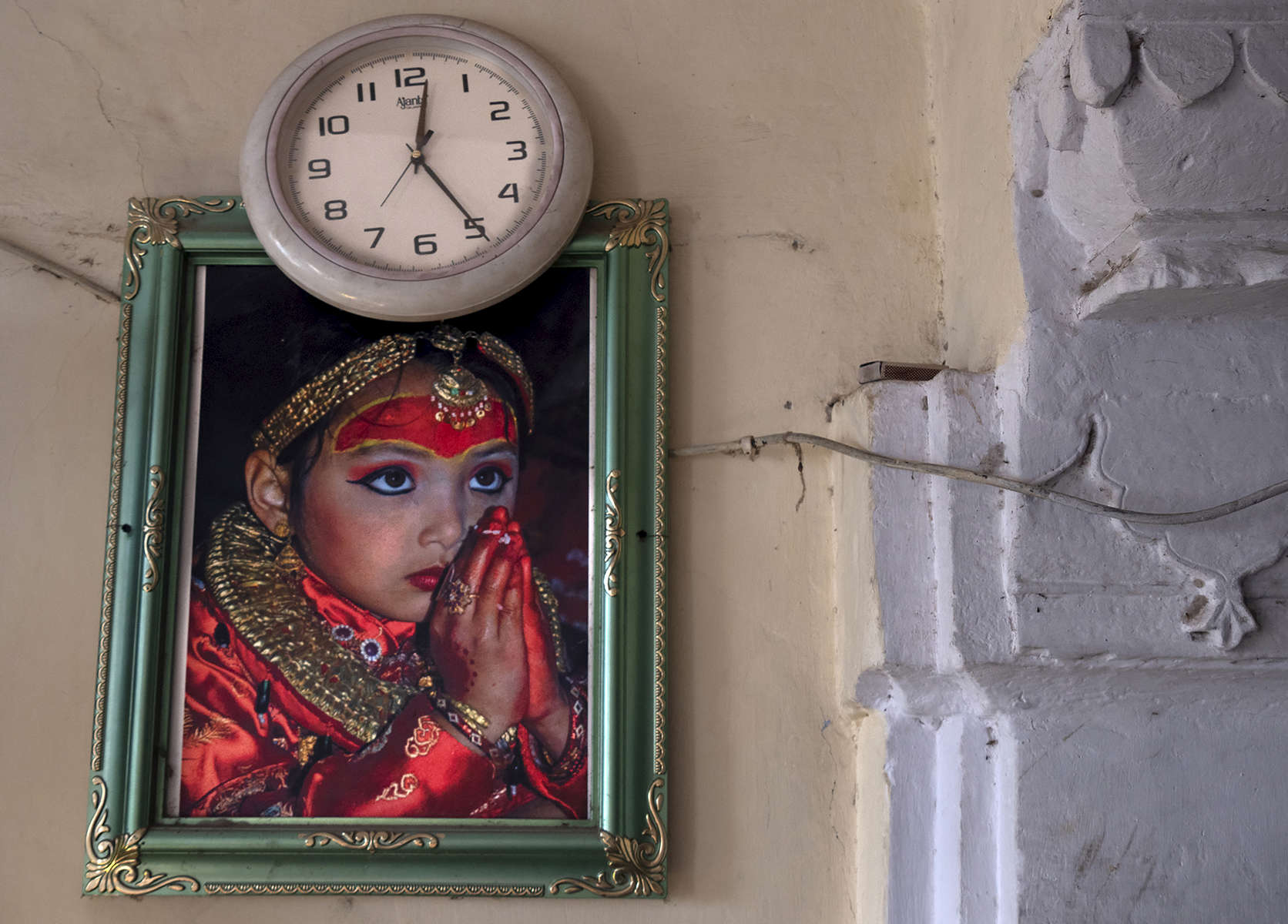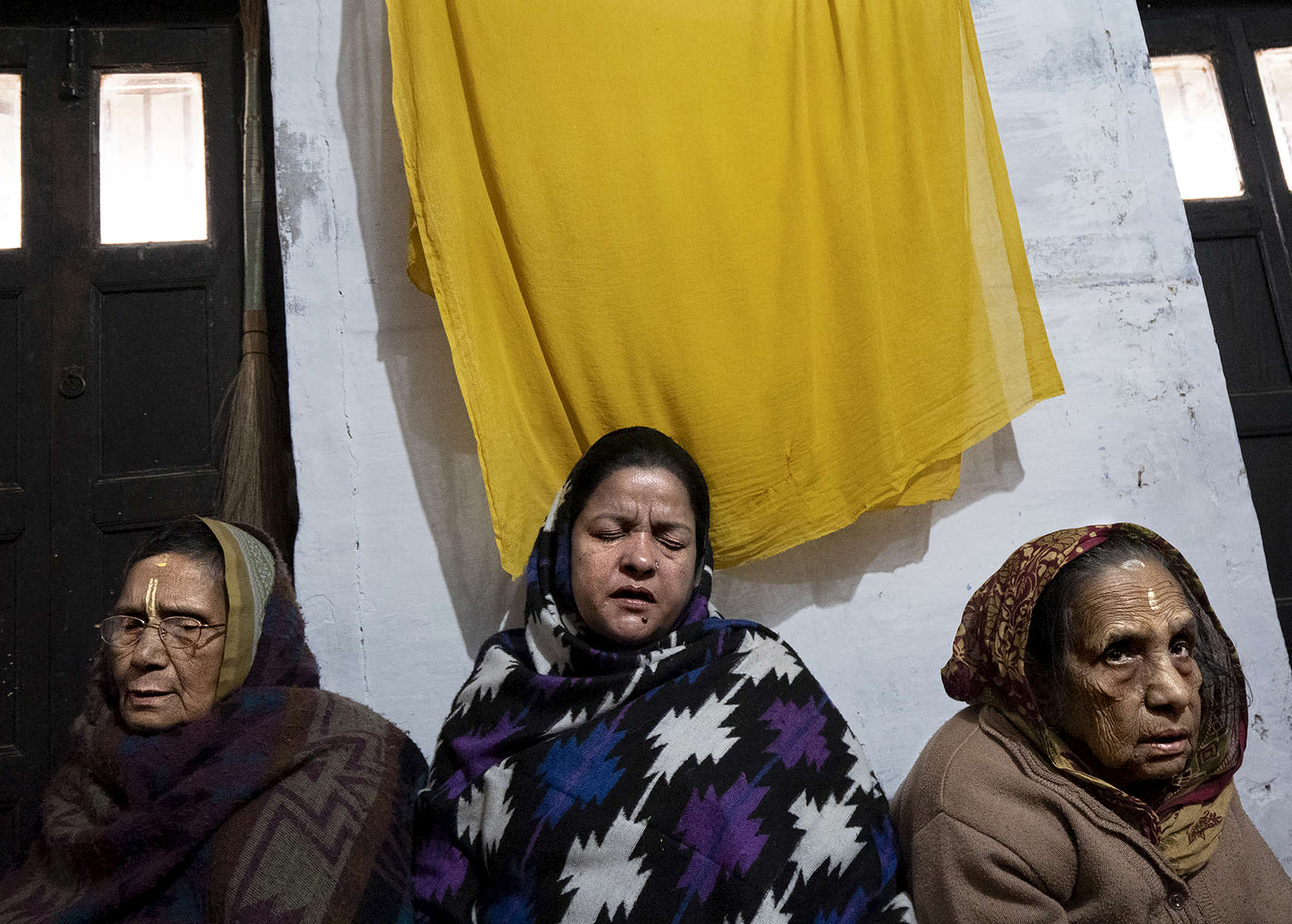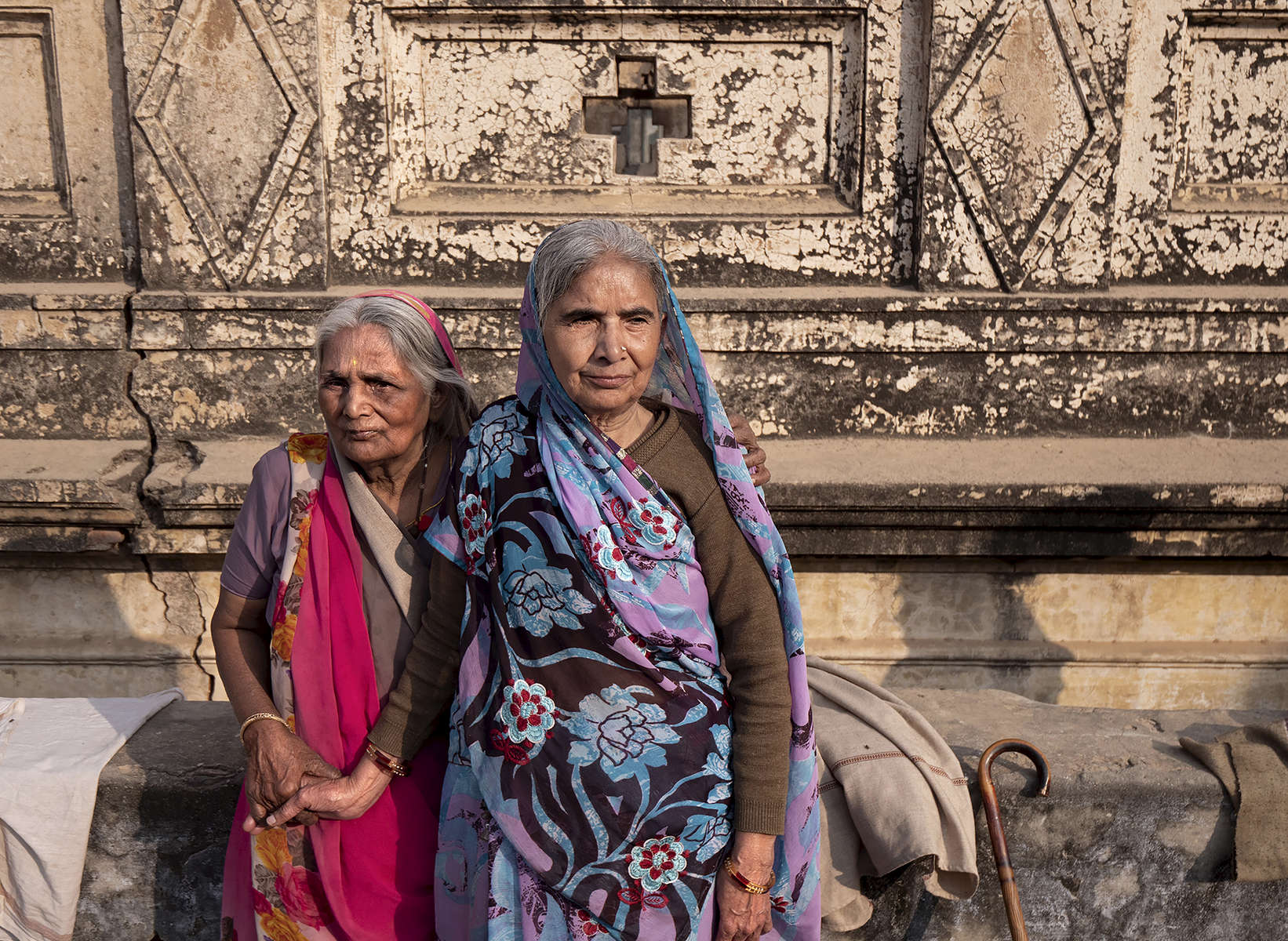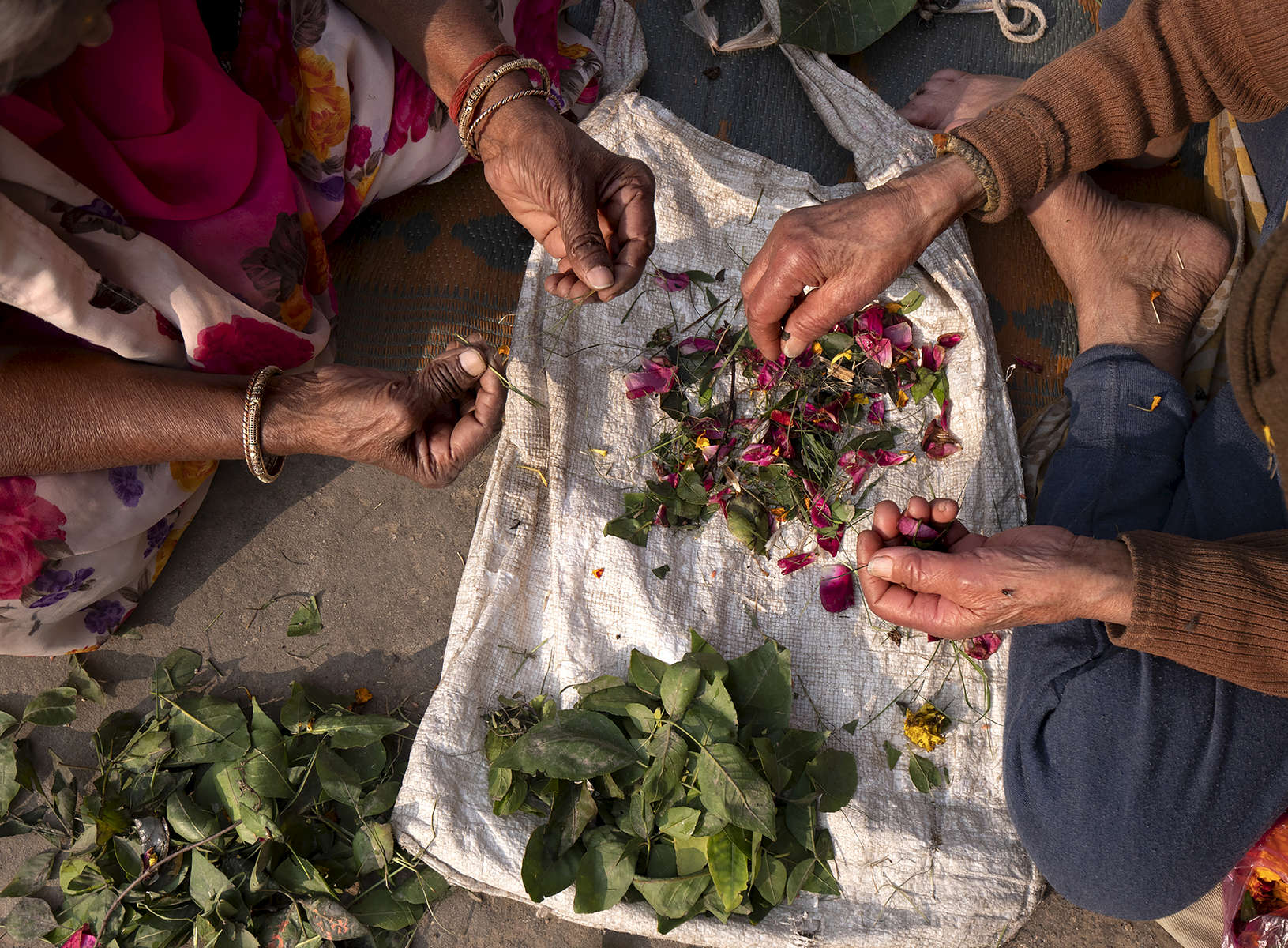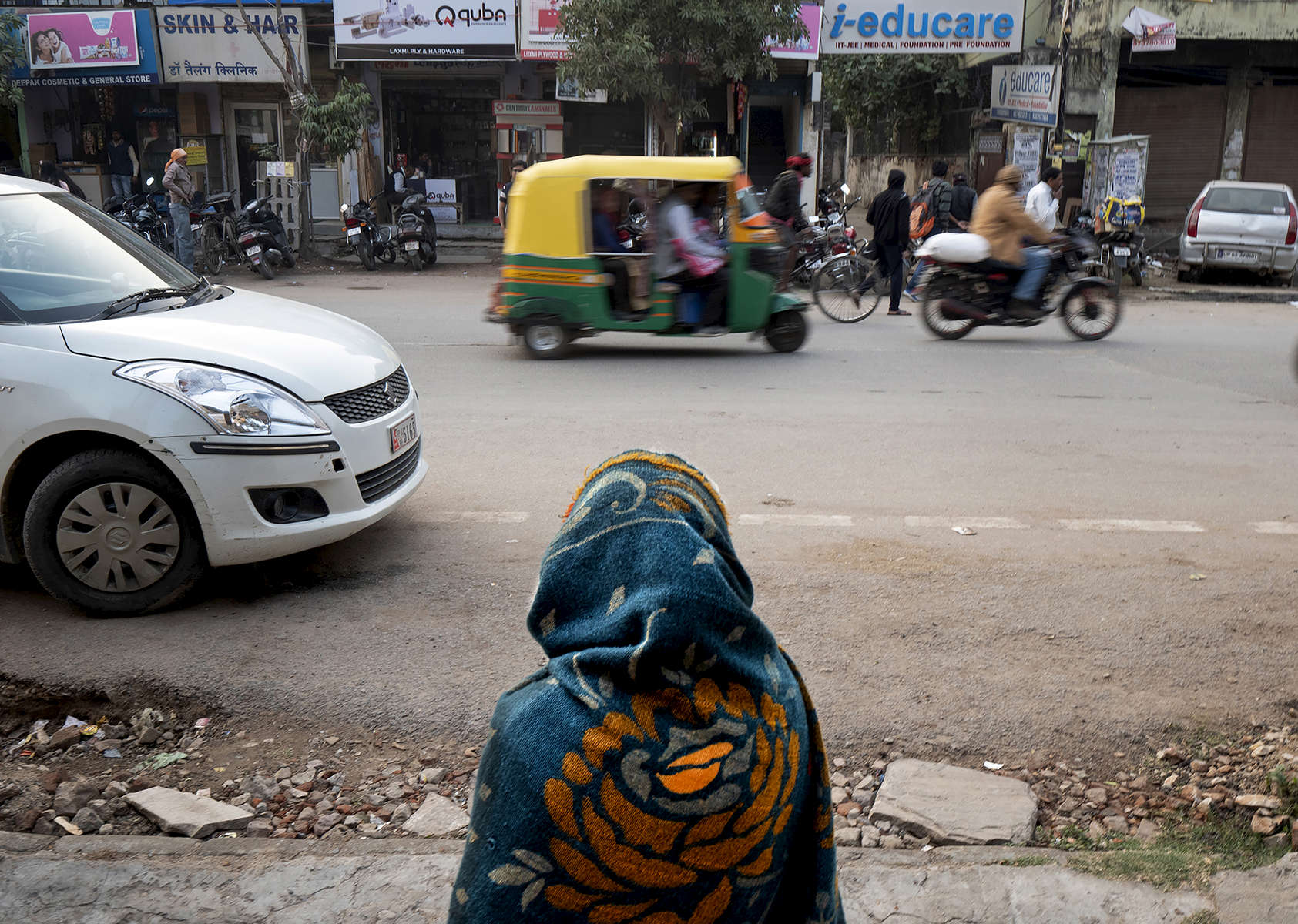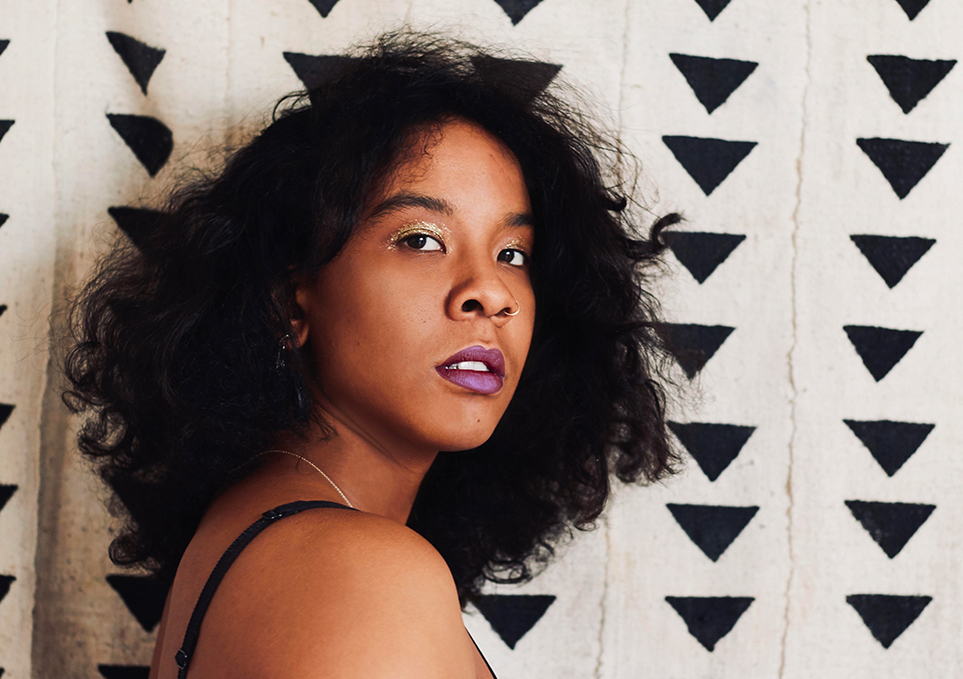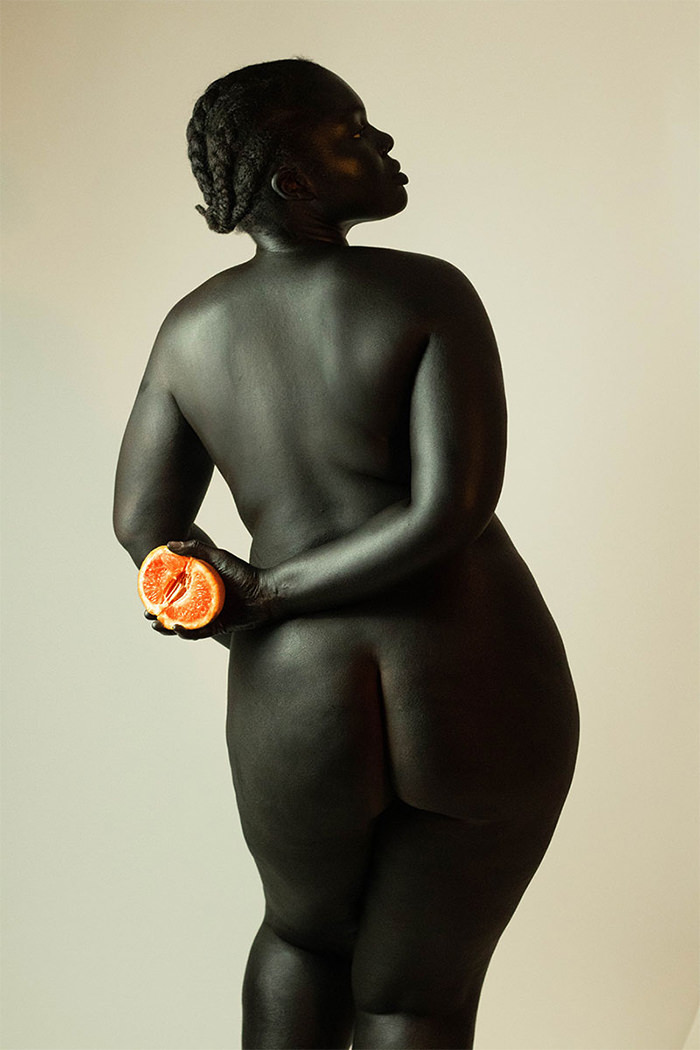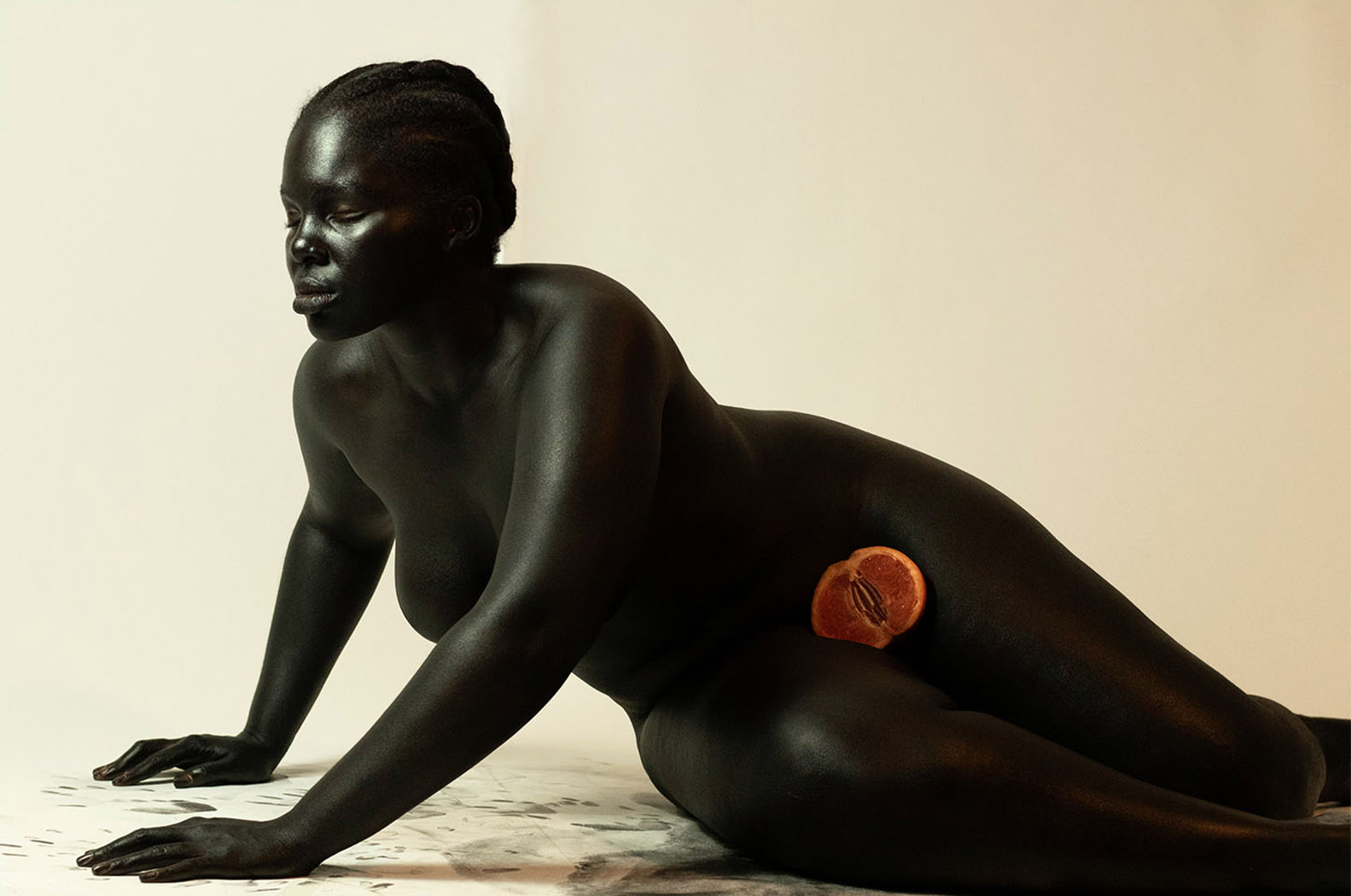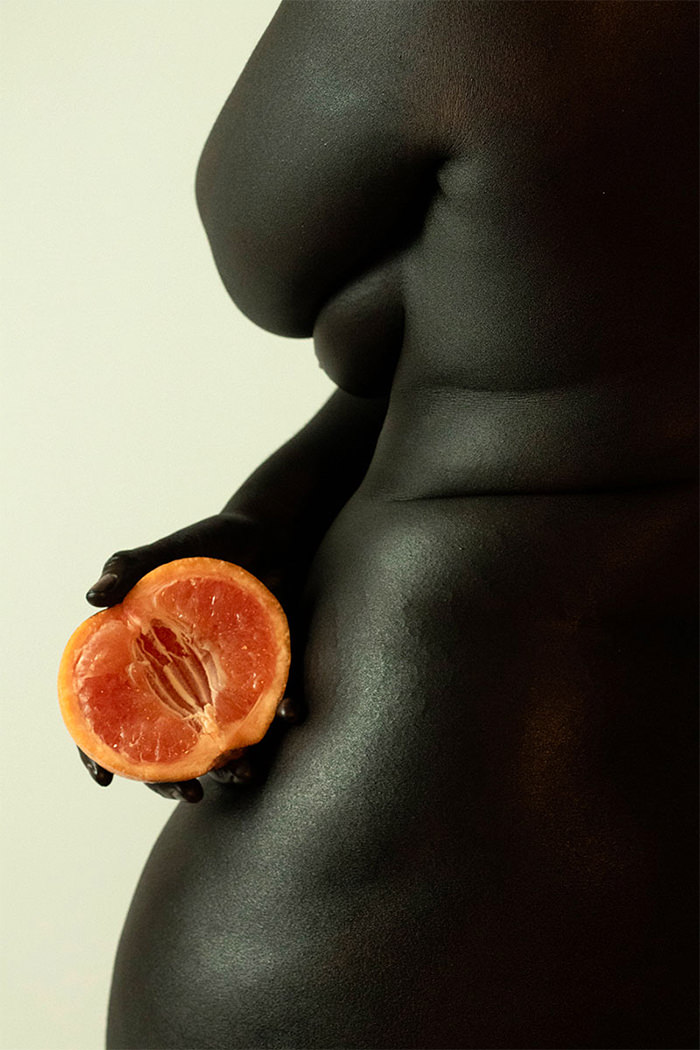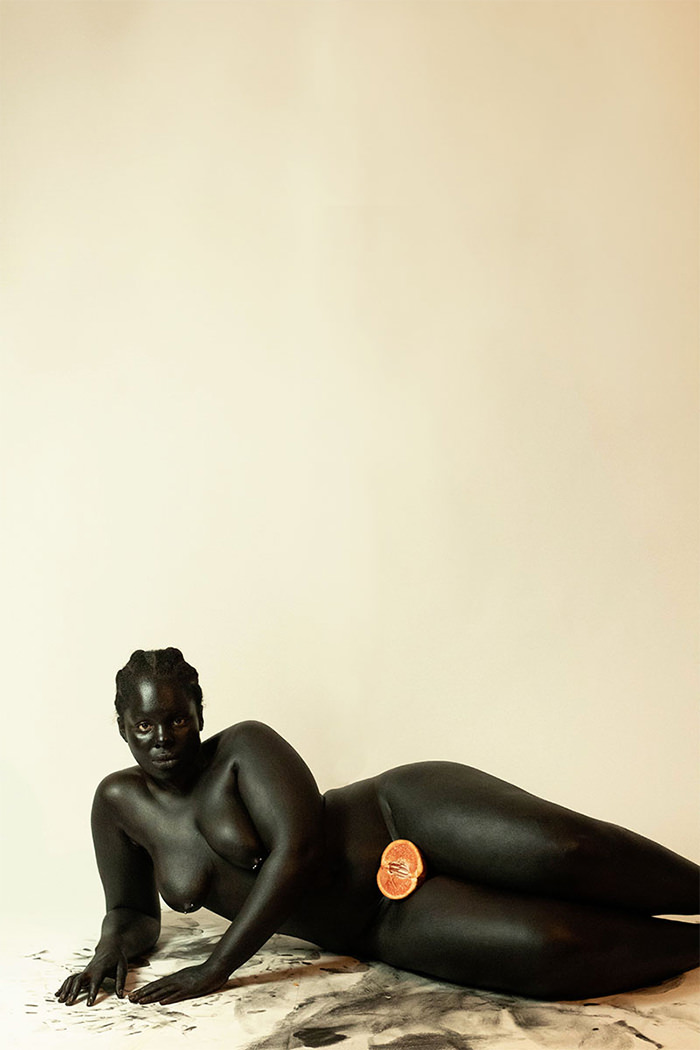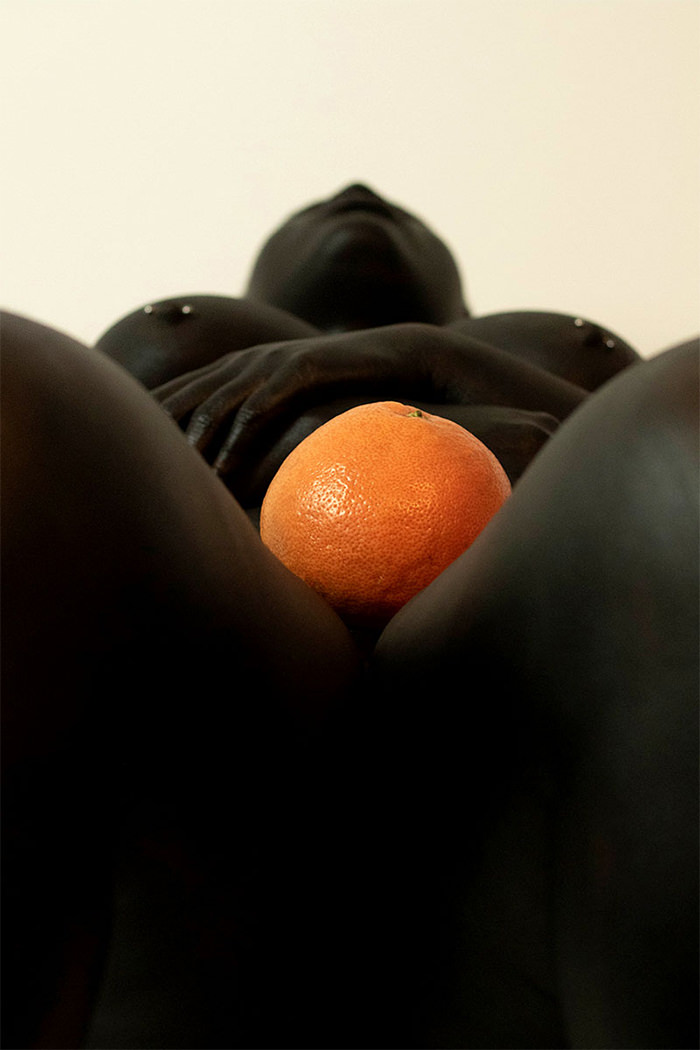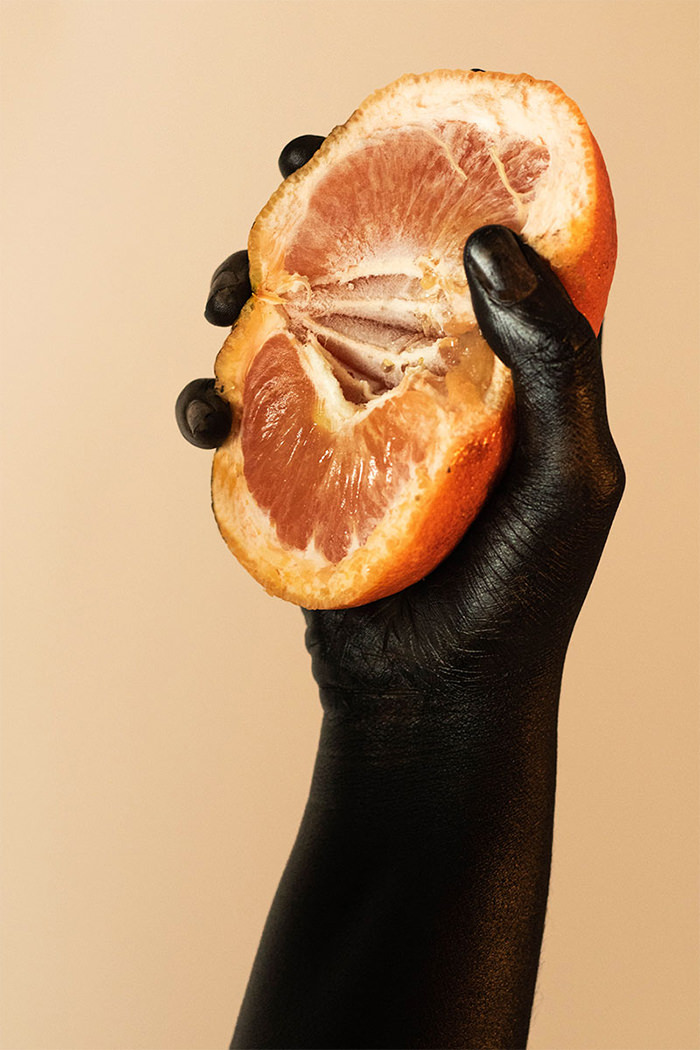Leica Women Foto Project 2019 Award
Following the launch of the Leica Women Foto Project earlier this year – a platform dedicated to the expansion of diversity and inclusion in photography – Leica Camera USA is proud to announce the three recipients of the inaugural Leica Women Foto Project Award.
From over 600 submissions across the US, photographers Debi Cornwall, Yana Paskova and Eva Woolridge were selected by a prestigious panel of judges in the photography, art and entertainment industries to each receive $10,000 and a Leica Q2 to pursue a personal project that tells a story through the female viewpoint.
Debi Cornwall was chosen for her series Necessary Fictions, which explores the staging and performance of American power in immersive, realistic military wargames.
Despite the constant military conflicts since September 11, war has receded in the American consciousness. War has become white noise, the almost-invisible backdrop of our roiling sociopolitical moment, even as our civic life has become increasingly militarized at home. Meanwhile, entire industries have emerged to support the forever wars, both real and imagined.
“Necessary Fictions” explores how fiction and reality blur within the post-9/11 “fantasy-industrial complex.” In this time of political division and perpetual war, what stories do we tell, what games do we play, to manage unsettling realities?
“In “Necessary Fictions”, I photograph the mysterious country of “Atropia.” Though fictional, Atropia actually exists: mock Afghan and Iraqi villages have been constructed on military bases across the United States to host immersive, realistic military training exercises for troops preparing to deploy. On ten such sites around the country, I document mock villages, battle scenarios, and “cultural role-players,” civilian Afghans and Iraqis, many who have fled war only to recreate it, in costume, in the service of the U.S. military.
In a mobile studio I set up on-site, I also make portraits with soldiers. They pose in front of a camouflage backdrop, appearing mortally wounded: Hollywood makeup artists have been brought in to paint fake wounds on real soldiers training for mass-casualty events. War becomes a production in which the actors, civilian and military alike, enact imagined versions of their past or future selves: shopkeeper, insurgent, suicide bomber; hero, victor, casualty of war.
My goal is to examine how fictions are deployed and embraced and to invite critical inquiry among military and civilian viewers alike about a society in which war has become the rule rather than the exception. Ultimately, Necessary Fictions will be both a photo book and a multimedia museum installation.”, Debi tells.
Yana Paskova, chosen for her series Where Women Rule, uses her experience as a political asylum immigrant to find a way to bridge humans’ understanding of each other.
“Where do women rule and where are they a commodity? How do women develop in a near absence of men or patriarchy? My project aims to be a visual and sociological look at what happens when cultural norms of gender are amended or removed — via the all-female societies across the world, where women gather for shelter or in matriarchy — leading us to new notions of femininity and masculinity, human bonds, family and the fluid boundaries of identity.
Not in recent history have communities where women seek shelter, independence or support, been more relevant to our cultural climate and growth. Discarding toxic, inflexible gender roles is an evergreen and pressing idea, as this is what the modern family unit aims to look like, increasingly across the world.
I aim to discover the intersect of these women’s stories as individuals and as a collective amidst arresting visual landscapes, with special attention to perseverance in the face of rejection and confidence in shedding convention. My intent for this project’s findings is that they serve as an immersive experience not just for consumers of visual culture, but also as a research and educational tool — hopefully starting with the youngest minds, where developing the concept of equality matters most. Ultimately, I’d like to build connections between humans that overcome the limiting societal constructs of gender and geography.”, Yana says.
Eva Woolridge brings her personal experiences to life in her project The Size of a Grapefruit, an artistic interpretation of Woolridge’s medically traumatic experiences following her diagnosis of a dermoid cyst – the size of a grapefruit – and consequential removal of her right ovary, which she believes could have been saved had medical professionals taken swifter action following their early conversations.
Eva about her project:
“The Size of a Grapefruit” is a visual narrative based on Eva’s traumatic medical event which highlights the emotional stages from before, during and after her surgery. Her objective is to address the lack of information and medical attentiveness available for Black women regarding their reproductive health. Eva’s story addresses symptoms of ovarian cysts and the microaggressions Black women face during times of crisis with the goal of as well as helping other Black women from undergoing the same pain as her.
Each image is titled based on my emotional response during this two-month healing period: Denial, Blinding Pain, a Thorn of Micro-aggression, Shock, Surrender, The Weight of Trauma, Inspection, Reflection, Acceptance, and Empowerment, in that order.
Eva’s hope is to share more stories of women who are affected by the negligence of the medical field, and visually celebrate how they overcame and empowered by their experiences.
“At 7:10 AM on Sept. 17, 2018, I experienced a sharp pain in my lower right abdomen followed by a wave of nausea. I fell alongside the toilet and began dry heaving while sweating profusely. My first thought was how I must have caught a stomach bug, but I soon dismissed this theory when I nearly passed out trying to stand. From the ground, I called my roommate to take me to City MD.
Once at City MD, a white, female medical professional glanced at me with little attention, and she told me it was probably food poisoning. As I teared up from the pain, she jokingly asked me where I ate sushi the night before so she could avoid the restaurant. Once I began vomiting stomach acid, she re-diagnosed me and suggested it was probably appendicitis. We left for the hospital where the driver showed me more compassion than the doctor.
I was in the hospital waiting room for 30 minutes before given attention. It wasn’t until I forced myself into the nurse’s office that I was taken to the ER. I was diagnosed with an 8cm dermoid cyst–it was the size of a grapefruit. If I was cared for earlier that day, they could have saved my right ovary, however by this time the cyst cut the blood flow and they needed to remove it. On my way to surgery, the nurse told me it was her 6th cyst removal that week.
I spent the next two months feeling isolated, confused and depressed. I was not given information on how one ovary would affect my hormones, whether I could have kids, or how it even developed. I was left to process and research on my own. As an advocate for reproductive health, I had personally become aware of preventative measures for cysts, and the racial bias & microaggression in medicine industry.”
More info on Leica Camera website.

